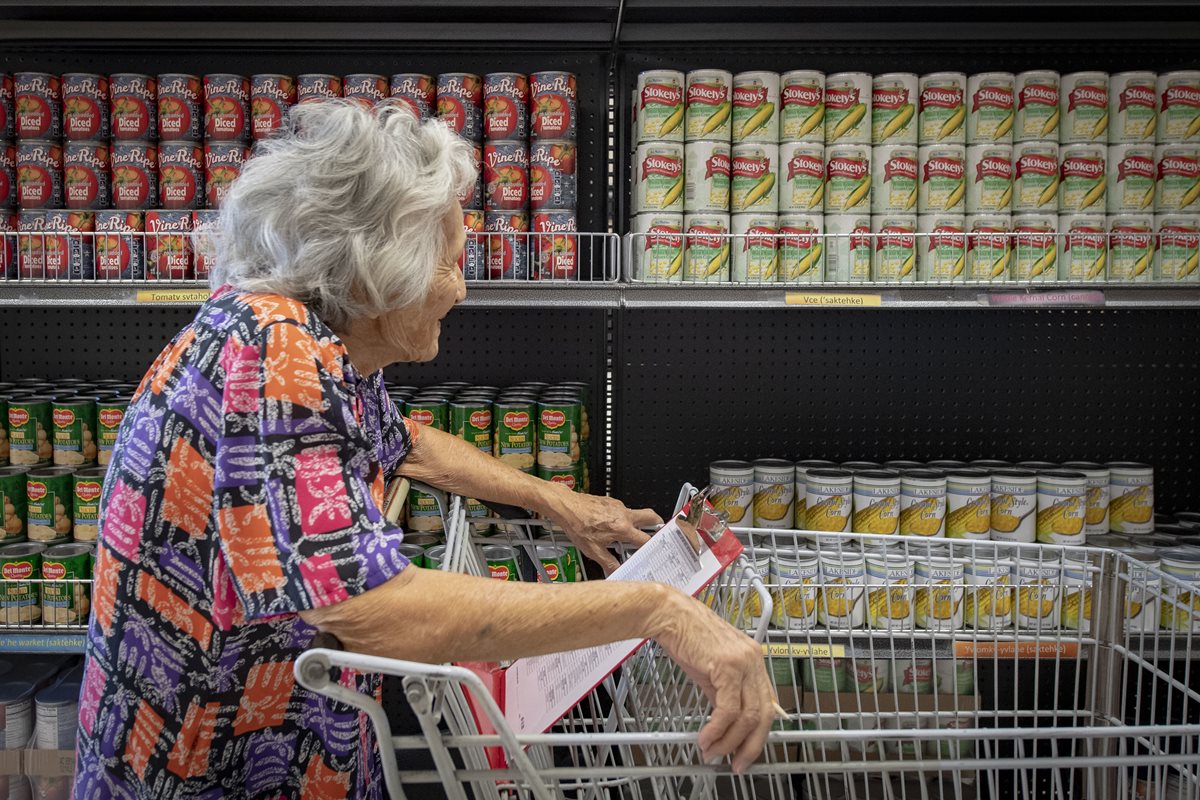Lead Agencies Only
Open Office Hours
The Regional Representative Team holds regularly scheduled virtual open office hours on the first Tuesday of the month. Lead Agencies are invited to ask program questions, network, and share challenges and opportunities with FA staff and counterparts across the state.
Sub Agencies participating in FA programs should contact their Lead Agency with program related questions.
Lead Agency Check-In Meetings
Food Assistance holds regularly scheduled check-in meetings for Lead Agencies. FA staff and stakeholders provide program updates, reminders, and seek input. This is one of the primary avenues for Lead Agencies to ask program questions, network and share challenges and opportunities with FA staff and their peers. It is a great opportunity for Lead Agency staff regardless of experience level to remain up to date on program development and changes. These meetings are typically held the first Friday of the month. If you are a Lead Agency and want to join, contact
foodassistance@agr.wa.gov or your regional representative.
Lead Agencies and Sub Agencies
Food Order Workgroup Meetings
Looking for information about Entitlement and Bonus orders? Join our Inventory and Logistics team at the next Food Order Workgroup meeting. To request a meeting invite, please contact James Scovel,
james.scovel@agr.wa.gov or John Carney,
john.carney@agr.wa.gov.
General Focus Check-In Meetings
WSDA's Food Assistance team hosts monthly check-in meetings to provide up-to-date information, resources, and support for hunger relief organizations. This virtual meeting is hosted on Microsoft Teams and is open to anyone who wants to learn more. To find out when the next meeting is or read the notes from previous meetings, please visit our
General Focus Meeting Information page.
Food Assistance Advisory Committee Meetings
The Food Assistance Advisory Committee (FAAC), which is part of the Washington Food Coalition (WFC), plays an important role in shaping how WSDA Food Assistance programs provide the most value to the food assistance provider network and to those whom they serve. The FAAC meets a minimum of three times a year and as needed by request of the Chair of the FAAC. All providers, including food banks, food pantries, tribal voucher providers and other community partners have been encouraged to attend. The WFC posts notes and information while maintaining the email and invite lists for Committee meetings.
Contact the WFC at
info@wafoodcoalition.org to learn more and inquire about committee membership.
Questions or Comments?
Program Phone: 360-725-5640
Program Email:
foodassistance@agr.wa.gov
All Program Contacts:
https://agr.wa.gov/services/food-access/contact-us
Regional Rep Map


.jpg)


